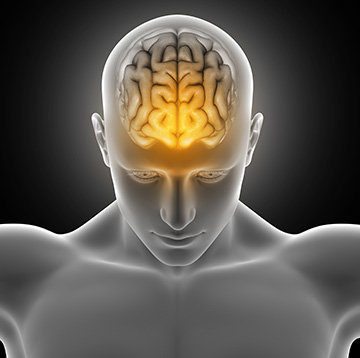Proper management of our emotional states is key to our well-being. To maintain proper brain function, good regulation of the balance between excitatory and inhibitory synaptic transmission (communication between neurons) of the nervous system is necessary. This very precise regulation is achieved with the release of adequate doses of neurotransmitters of one type or another at the points of contact between neurons, the synapses.
 When that balance is broken, apparently different problems appear like anxiety, depression and others. Serotonin, noradrenalin, adrenalin and dopamine are involved in numerous endogenous processes, but are key in the mechanisms that govern moods, anxiety, fear, anxiety and aggressiveness.
When that balance is broken, apparently different problems appear like anxiety, depression and others. Serotonin, noradrenalin, adrenalin and dopamine are involved in numerous endogenous processes, but are key in the mechanisms that govern moods, anxiety, fear, anxiety and aggressiveness.
Serotonin has been mainly associated as the “hormone of happiness”, because problems at its central levels cause disorders of mood, behavior and memory.
Anxiety is a physiological reaction in which our body acts to face situations that generate stress. Stress can arise for different reasons, even influenced by a certain genetic predisposition. Among the most common we find the tensions derived from work, studies, pregnancy, family problems, economic difficulties, poor management of emotional intelligence and many others. It is estimated that 15 and 25% of primary care patients suffer from anxiety disorders. Generally speaking, anxiety is more common in women aged 40-55 and is often associated with depression, anger, fear, or sadness.
Meditation, yoga, specific diets and taking nutritional supplements that act on markers associated with anxiety and/or depression are useful. Numerous scientific studies indicate the importance of the gut-brain axis behind autoimmune and psychological disorders. Based on these, we know that certain intestinal microorganisms are capable of producing substances that function as neurotransmitters in the brain. Hence, it is estimated that 95% of the serotonin (a substance related to happiness and good humor) that our body produces comes from the intestines.

 Español
Español


